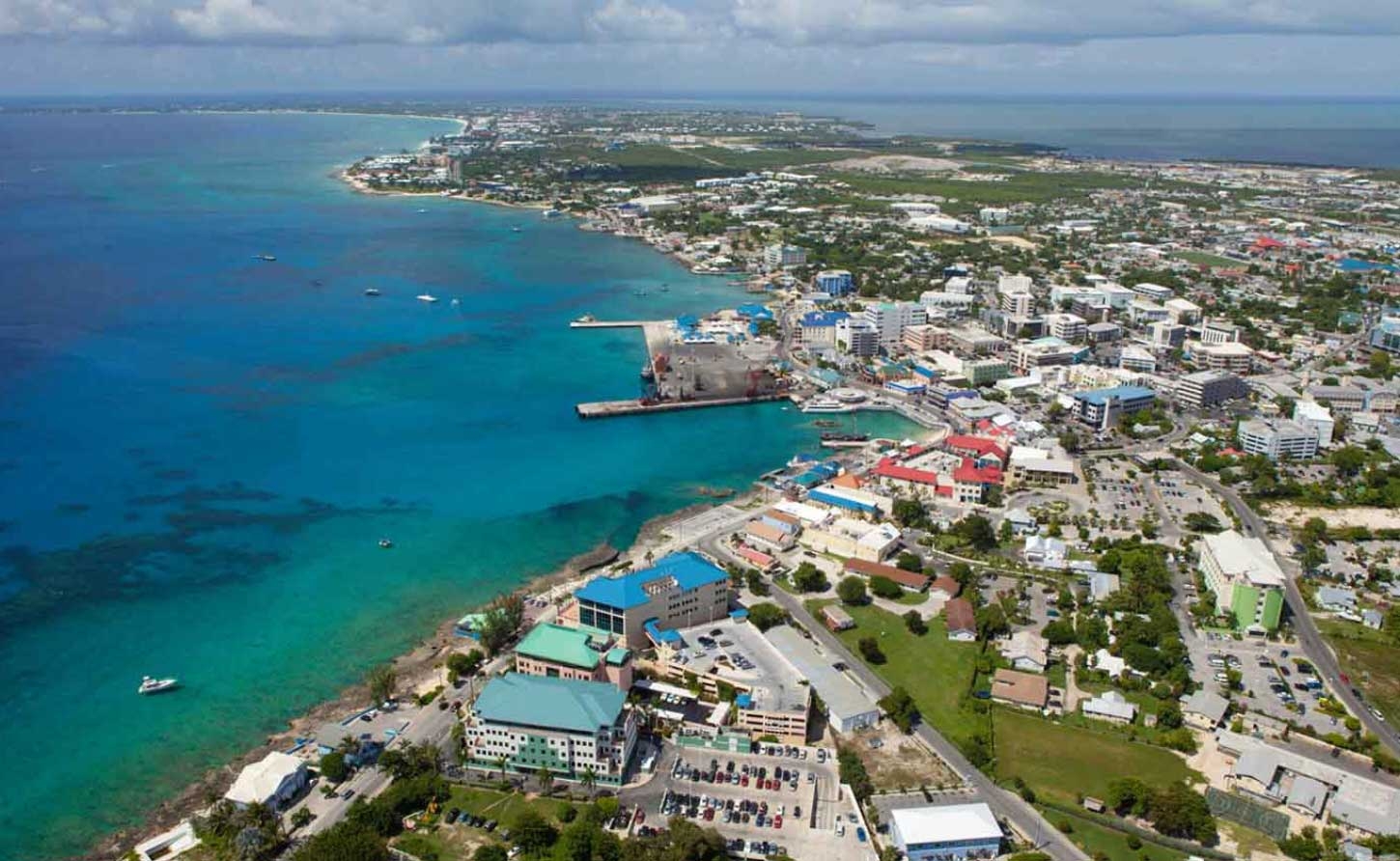CAYMAN | Cayman's Financial Fortress: The True Price of Caribbean Prosperity

The $2.5 billion question isn't whether the Cayman Islands is a financial powerhouse—it's whether this tiny Caribbean nation can survive without being one.
When Capital Economics dropped its bombshell report last month, revealing that financial services now account for 44% of the Cayman Islands' GDP—higher than the previously calculated 40%—it confirmed what critics have long suspected and defenders have proudly proclaimed: these three islands of 70,000 people manage more wealth than some nations produce in a decade.
The sector generated $2.5 billion in economic activity in 2023 alone, a figure that should make both regional neighbors and international watchdogs pay attention. But here's what the OECD bureaucrats miss from their offices in Paris: this isn't just about numbers on a spreadsheet. It's about economic survival in a region where colonial legacies left few alternatives.
The Uncomfortable Mathematics
The growth statistics read like a Silicon Valley startup's pitch deck. Private fund registrations have surged 39% since 2020, while mutual funds climbed 10%. In just the first half of 2025, CIMA granted 21 new international insurance licenses.
Government coffers swelled with $510 million in direct revenues from the sector in 2024—45% of total government income, up from 42% just two years prior.
The January 2025 fee increases, ranging from 10% on company registrations to various regulatory adjustments, sparked predictable industry grumbling. Yet 6,440 new companies still incorporated in Cayman during the first six months of 2025, suggesting the jurisdiction's appeal transcends marginal cost increases.
When including indirect effects—the multiplier impact of financial workers spending in the local economy—the sector props up 65% of government revenue.
Compare this to Jamaica's tourism dependency or Trinidad's oil reliance, and a pattern emerges: Caribbean nations must specialize to survive. The question isn't whether this concentration is ideal—it's whether alternatives exist.
Dismantling the Expatriate Myth
Here's where the narrative gets interesting. Critics paint Cayman as a playground for foreign financiers, yet 54% of the sector's 6,724 jobs are held by Caymanians. Tourism? Just 17% local employment. Construction? A mere 29%. Even more striking: women dominate at 60% of the financial workforce, shattering stereotypes about both the industry and the islands.
The sector operates with just 2,800 work permit holders—a fraction of what construction and tourism require. This isn't the carpetbagger economy that Northern newspapers love to portray. It's Caymanians managing global capital, and doing it with fewer imported workers than any other major industry on the islands.
The Sovereignty Squeeze
Yet storm clouds gather from predictable directions. The OECD's aggressive transparency demands, the UK's beneficial ownership requirements, and the specter of global minimum tax rates all threaten the model. The notorious Ugland House—home to 18,857 registered entities—remains a favorite punching bag for politicians seeking easy populist points.
The U.S. Government Accountability Office found that 40-50% of Ugland House entities had U.S. billing addresses, underlining an uncomfortable truth: wealthy nations benefit from these structures even as they condemn them. The hypocrisy is breathtaking—London and Delaware operate similar systems with far less scrutiny.
The January 2025 implementation of new beneficial ownership requirements, despite government resistance, signals the tightening noose. Industry leaders privately acknowledge that each compliance wave adds costs that could eventually tip the competitive balance toward other jurisdictions.
The Regional Reckoning
For the Caribbean, Cayman's trajectory poses existential questions. If international pressure succeeds in dismantling the offshore sector, what replaces those revenues? Tourism, devastated by climate change and hurricanes? Agriculture, uncompetitive in global markets? Technology, without the infrastructure investment that financial services revenues currently fund?
The brutal truth: small island nations need competitive advantages to survive in a global economy rigged against them. Cayman's financial services industry isn't just about facilitating tax efficiency—it's about Caribbean nations claiming their piece of global capital flows that historically extracted wealth from the region without reciprocating.
As 2025 unfolds, the Cayman Islands faces a high-stakes gamble: evolve the model fast enough to satisfy international critics while maintaining the competitive edge that brings business to these shores. The alternative isn't reform—it's economic irrelevance.
-30-
